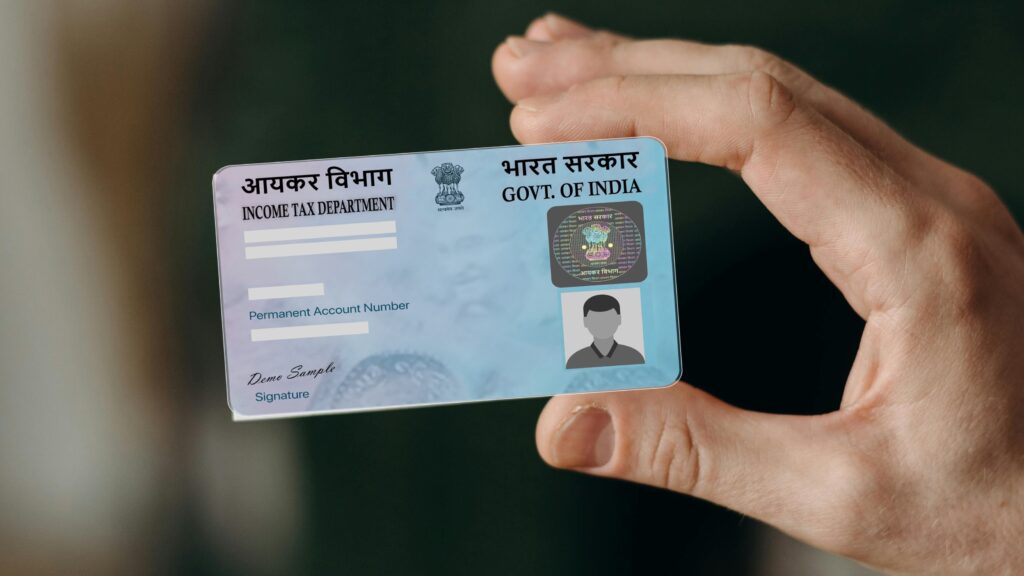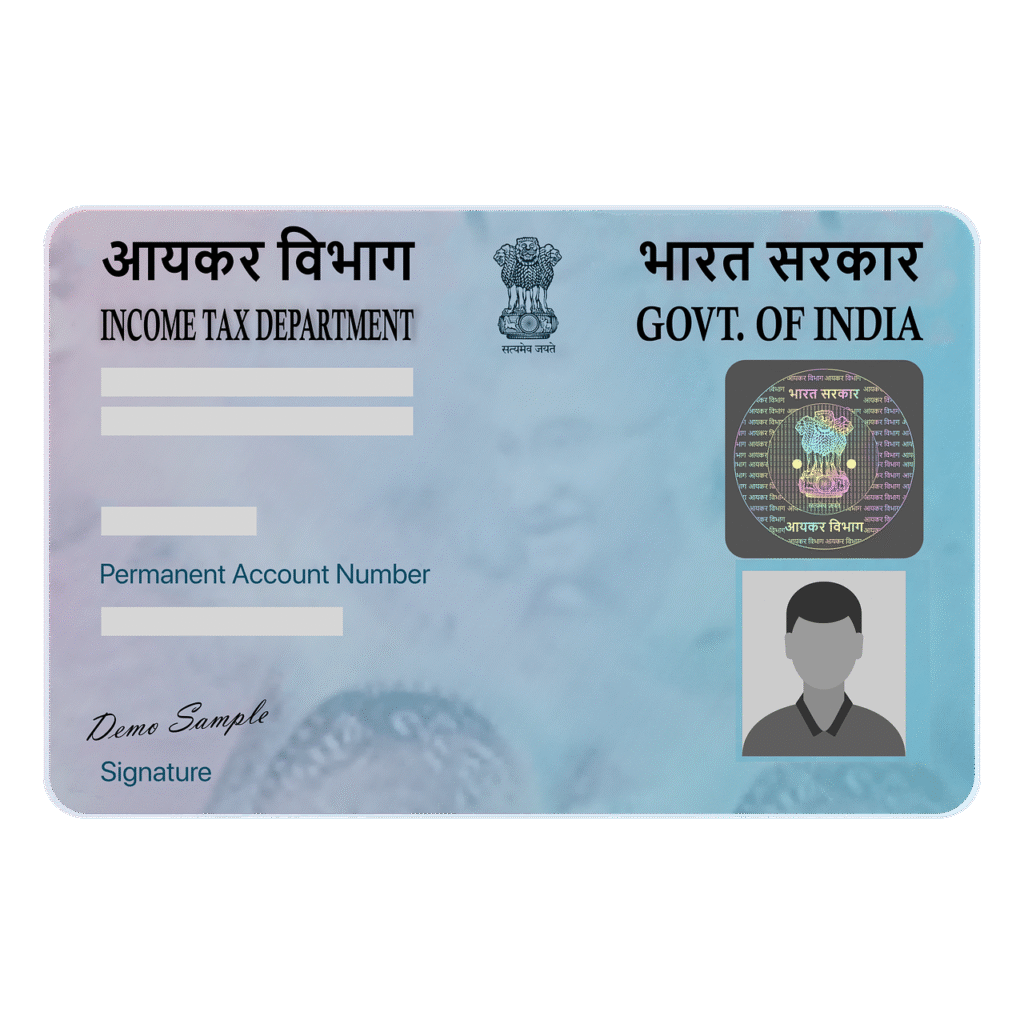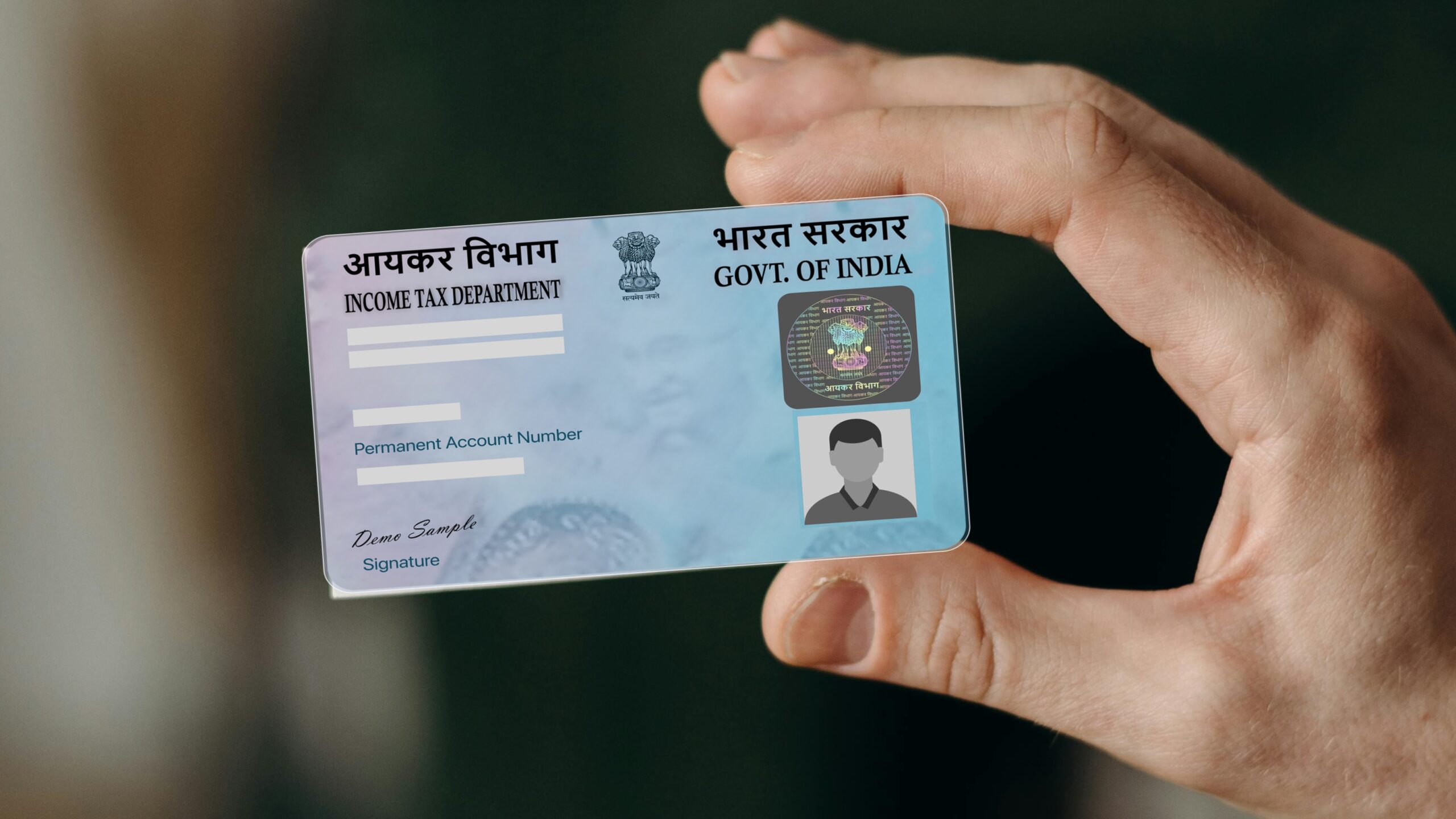New PAN Card Rules from July 2025

India’s financial system is set for a big shift as the new PAN card rules from July 2025 come into effect. These updated guidelines will impact millions of taxpayers, account holders, and businesses. Whether it’s income tax filing, banking operations, or high-value transactions, the role of PAN is now more crucial than ever. This move is aimed at improving transparency, curbing tax evasion, and streamlining identity verification.
Let’s take a closer look at how the new PAN card rules from July 2025 could affect you and what you must do to stay compliant.
Table of Contents
New PAN Card Rules from July 2025: Big Update for All Bank and Tax Users
The government has tightened the use of PAN (Permanent Account Number) across various sectors starting July 1, 2025. These changes have been introduced to strengthen financial security and make compliance more robust across platforms like banks, credit card companies, and tax portals.
- Aadhaar-PAN Linking is No Longer Optional
Under the new PAN card rules from July 2025, every PAN card must be linked with Aadhaar. If this is not done by June 30, 2025, the PAN will become inactive. This means:
- You will not be able to file your Income Tax Returns (ITR)
- Your bank transactions may fail or get flagged
- You may be charged a higher TDS rate
- Refunds and tax benefits could be delayed or blocked
To avoid these issues, link your Aadhaar to PAN via the income tax portal before the deadline.
- PAN Must Be Quoted in More Transactions
The rules now require PAN to be compulsorily quoted in several financial activities. This includes:
- Cash deposits or withdrawals of ₹20 lakh or more annually
- Credit card bill payments exceeding ₹1 lakh
- Fixed deposits above ₹50,000
- Property deals over ₹10 lakh
- Large purchases of gold or vehicles
Not quoting your PAN in these transactions can lead to penalties, rejection of the transaction, or reporting to authorities.
- KYC and Financial Verification Tightened
The new PAN card rules from July 2025 also apply to bank account KYC. Banks and NBFCs must now verify that your PAN is valid and Aadhaar-linked before continuing or starting any services. If not:
- Your account could be temporarily blocked
- You may not be allowed to open a new account
- Credit card services and loan disbursement can be denied
- Ensure your KYC is updated and your PAN-Aadhaar details match exactly.
- Impact on Income Tax Filing
Going forward, you cannot file your ITR if your PAN is inoperative. The new PAN card rules from July 2025 clearly mention that unlinked or invalid PAN cards will not be accepted during e-filing. This can lead to:
- Heavy penalties under the Income Tax Act
- Rejection of refund claims
- Future compliance issues with the IT department
- Before filing your return for FY 2024–25, double-check that your PAN is fully valid and linked.
- Higher TDS Rates for Non-Compliance
If you fail to follow the new PAN card rules from July 2025, your income may be taxed at a higher rate under Section 206AA. This is a penalty for not quoting a valid PAN while receiving payments like salary, commission, or interest.
To avoid losing money unnecessarily, it’s best to ensure all your records are in order before the rules take full effect.
✅ Step-by-Step Guide to Follow New PAN Card Rules from July 2025

- Visit the Official Income Tax Website
Open the official income tax portal and look for the Aadhaar-PAN linking section on the homepage. - Check Your PAN-Aadhaar Status
Use your PAN number and date of birth to check if your PAN is already linked with your Aadhaar. - Link PAN and Aadhaar (If Not Linked)
If your PAN is not linked, complete the process by entering your Aadhaar number and verifying with OTP. A late fee might apply. - Update KYC With Your Bank
Go to your bank or use mobile banking to ensure your PAN and Aadhaar are correctly added to your KYC records. - Use PAN for Large Transactions
Always provide your PAN when making big payments, such as large cash deposits, high credit card bills, or property deals. - Avoid Transactions Without PAN
Not quoting PAN where required can lead to transaction failure or being reported to tax authorities. - Double-Check Before Filing ITR
Before filing your income tax return, make sure your PAN is active and properly linked. Inactive PANs will be rejected. - Verify PAN With Financial Accounts
Cross-check your PAN with mutual funds, insurance, and investments to ensure there are no errors or mismatches. - Correct Errors Immediately
If any spelling mistake or mismatch is found between PAN and Aadhaar, apply for correction to avoid penalties. - Stay Updated With Notifications
Keep checking official sources like the Income Tax website or RBI updates for any new rules related to PAN.
Final Words
The new PAN card rules from July 2025 are designed to make India’s financial system more efficient and accountable. These changes bring greater clarity to how PAN is used in everyday banking, taxation, and financial planning.
If you haven’t updated your records yet, now is the right time. A few minutes spent verifying your PAN-Aadhaar link or KYC details can save you from big trouble later. As we move toward a more digital and secure financial era, your PAN is no longer just a number — it’s your financial fingerprint.
Make sure it’s valid, active, and properly linked.
Do Follow for daily news.

The fastest way to start betting – 1WIN APK download for Android, no delays, no limits.
Explore the top-rated Aviator game apps in India
Short aviator game review with key points
Uncover the secrets of Lucky Jet with your friends.
Fast casino mirror helps avoid regional restrictions
Вопрос как раскрутить сайт хрумером интересует многих, но важно придерживаться безопасных методов.